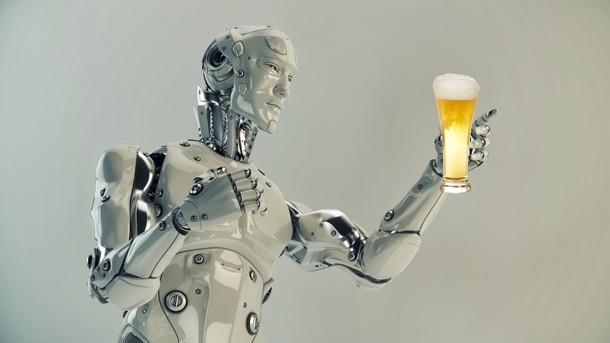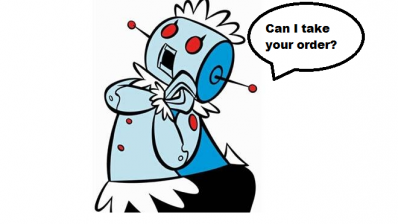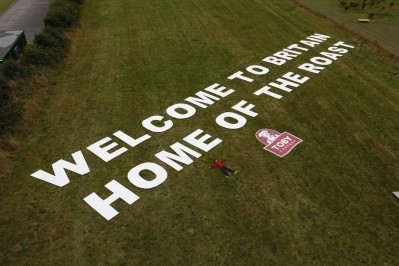Publicans amongst least likely to have jobs taken by robots, claims research

Academics found that publicans and licensed premises managers had a 0.4% chance of being automated.
Results were calculated by analysing key skills needed to perform each type of job: social perceptiveness, negotiation, persuasion, assisting and caring for others, originality, fine arts, finger dexterity, manual dexterity and the need to work in a cramped work space.
Social intelligence
Michael Osborne, associate professor in machine learning at Oxford University, said: “For publicans I would suspect that the low probability of automation is due to their requirements for social intelligence that was deemed relatively non-automatable.
“To interact with other people you need to draw upon these reservoirs of tacit knowledge we have about the culture and society in which we find ourselves and that’s very difficult to explicitly programme into an algorithm.”
Oxford University professor:
If you looked 70 years into the future the best we can do is to say all bets are off
However, chefs were found to have a 37% chance of automation in the next 20 years – significantly higher than licensees but still considerably unlikely.
Machine
Osborne added: "You can imagine more of a chef’s job being routine – less social intelligence in particular and as such it’s easier to imagine designing a machine that could reproduce it. I think basically it would be that difference between the two occupations.”
But looking further into the future, could a robot publican exist 70 years from now?
Osborne said: “If you looked 70 years into the future the best we can do is to say all bets are off.”
Jobs found most likely to be automated by 2035 included telesales workers, typists, legal secretaries, financial accounts managers and sales admin workers.






